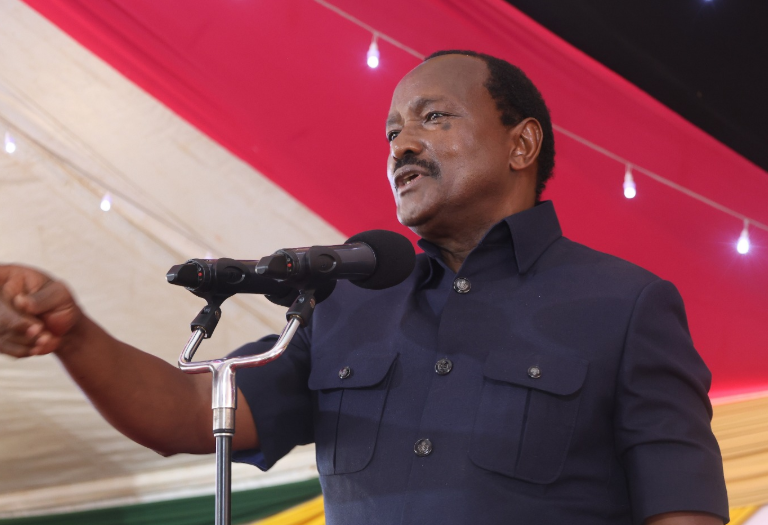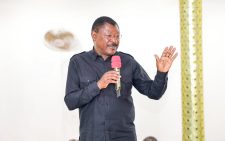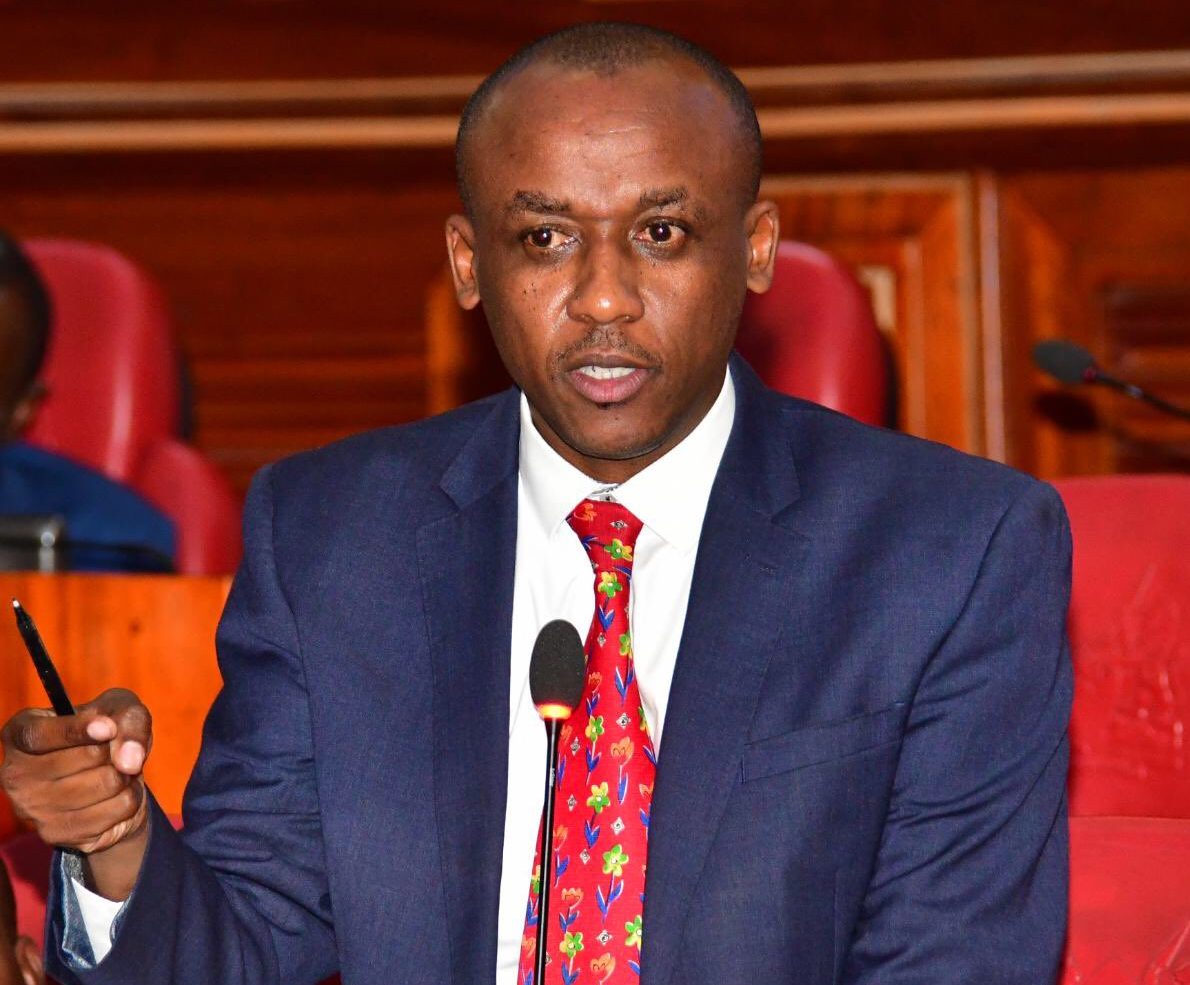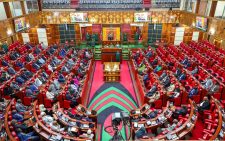Kalonzo must now lead monitoring of IEBC

President William Ruto’s nomination of the new chairman and commissioners of the Independent Electoral and Boundaries Commission (IEBC) has generated a political storm, raising critical issues ahead of the 2027 General Election.
While the President may have followed the law and the constitutional requirements in making the IEBC nominations after a lengthy process, the nominations raise valid political questions that need to be addressed.
It all dates back to the controversy surrounding the 2022 presidential election when four of the seven commissioners disputed the announcement of the winner by their chairman Wafula Chebukati (may his soul rest in peace).
The ghosts haunting the disputed, controversial presidential election have never been buried, long after the Supreme Court threw out a petition challenging Ruto’s win, paving the way for his ascension to power.
Ironically, the main petitioner, ODM leader Raila Odinga, who claims victory has been stolen from him in three past elections, has joined his bitter 2022 rival to craft an amorphous “broad-based government”.
Constitutional experts have questioned the composition of this mongrel government arrangement that consists of key ODM members in the Cabinet, Principal Secretaries and top State appointments, alongside the ruling Kenya Kwanza administration.
The line-up also includes appointees from estranged former President Uhuru Kenyatta’s Jubilee party, who was an avowed critic of his former deputy Ruto, and strongly backed Raila against him and the Azimio la Umoja coalition in the last election.
Amid electoral justice queries surrounding former IEBC commissioners and the reconstitution of a new commission, the political scenario has become murkier.
A deal struck between Azimio and Kenya Kwanza to resolve the stalemate arising from the 2022 IEBC fiasco has exposed the constitutional fragility of Kenya’s current political structure as the weighing scale of much-needed electoral reforms expected from IEBC
Six weeks ago on this page, we urged Wiper party leader Kalonzo Musyoka to tread carefully the tightrope that is Kenya’s slippery electoral politics, as the clock ticks fast towards the 2027 election, by weighing in on the reconstitution of the IEBC.
Kalonzo was the co-chair of the National Dialogue Committee (NADCO), whose report gave birth to the recently unveiled IEBC nominees to midwife expected critical electoral reforms Kenyans are demanding before the polls.
He now has a bigger challenge beyond complaining about the composition of the reconstituted IEBC and perceived pre-rigging of the polls. That horse has already bolted out of the stable and it will be difficult to tame it, as it has been mounted by the two former political arch-rivals turned allies.
As the de facto opposition leader after his two-time running mate joined Ruto, Kalonzo must rally all pro-democracy forces, including the influential Gen Z, who constitute a massive voting bloc to place the new IEBC under the microscope ahead of 2027.
This fledgling democratic movement may be comforted in carefully listening to the words of disgraced former Deputy President Rigathi Gachagua, when he cited the 2013 Supreme Court ruling that “the polling station result is final”.
-The writer comments on constitutional affairs; albertoleny@gmail.com-















